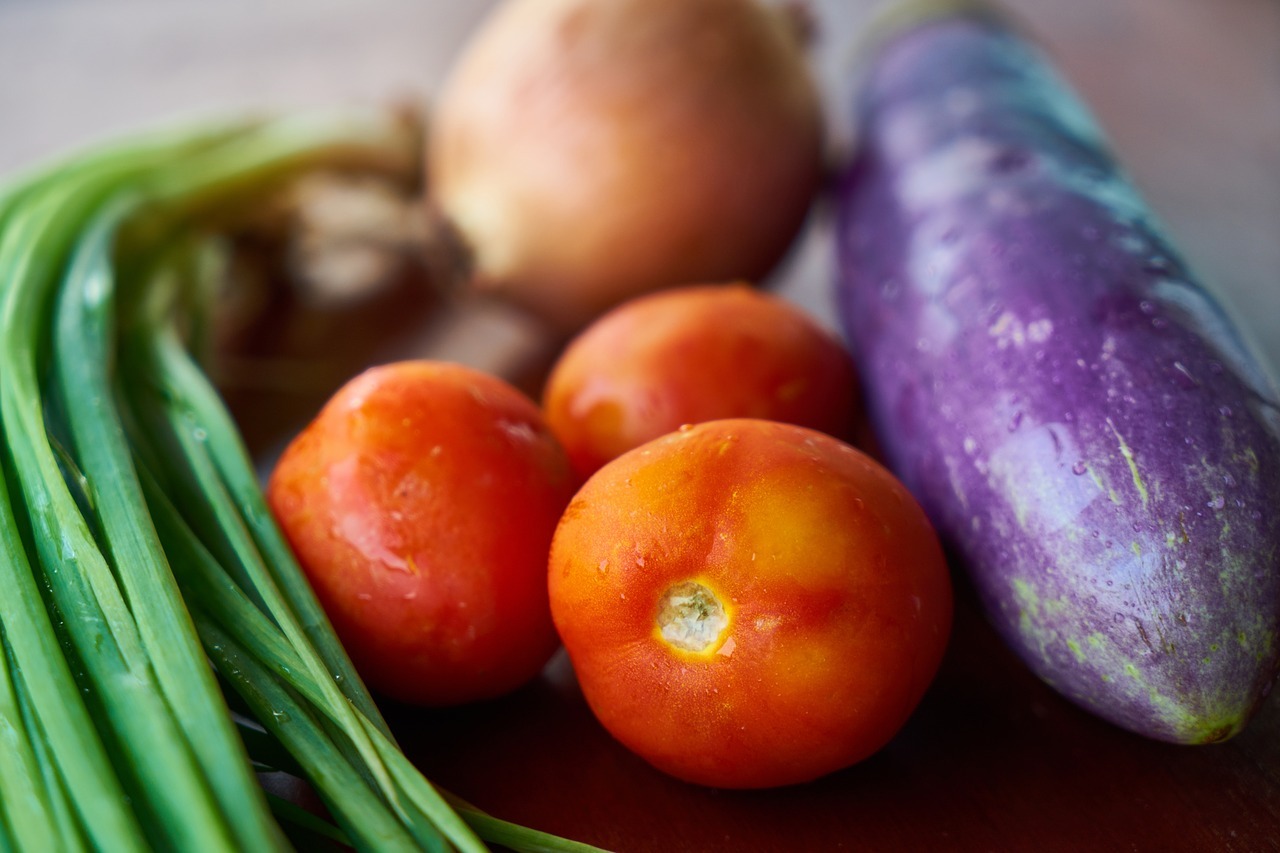
Feeling energized and healthy starts with eating the right amount of nutrients to maintain a healthy weight, ward off illnesses such as diabetes and heart disease and contribute to overall wellness. That is one of the many reasons why Castle Senior Living provides homestyle (and often chef-prepared) meals for our residents.
So, what should seniors include on their breakfast, lunch and dinner plates each day? Consider the following suggestions from Dietary Guidelines for Americans:
- Lean proteins – Chicken, turkey, seafood and eggs are great options. Don’t forget about beans, another beneficial source of protein.
- Fruits and vegetables – When selecting produce, keep these colors in mind: orange, red, green and purple. The darker the fruit or vegetable, the better it is for you. Fresh is best, but frozen is recommended when produce is out of season.
- Whole grains – Brown rice, whole wheat pasta, oatmeal and flaxseed are part of a high fiber diet that helps stabilize blood sugar and boost digestive health.
- Low-fat dairy – Milk, cheese and yogurt provide protein and calcium for bone and muscles and to prevent osteoporosis.
- Fats – Make sure fats are healthy, such as polyunsaturated and monounsaturated fats. Extra Virgin Olive Oil is best for preparing food.
Variety is key, so mix up your selections to gain the most nutritional value and curb any chances of becoming bored from eating similar meals day after day.
Along with the right choices, there are foods that despite their health benefits, some experts recommend people avoid as they age:
- Undercooked proteins – Eggs, meat and seafood can cause food poisoning if they are under-cooked. Seniors are at high risk of an infection, which can lead to sepsis and septic shock.
- Grapefruit – It’s a breakfast staple many people enjoy, but be mindful of eating grapefruit if taking prescription medications. Some drugs – especially those prescribed for high blood pressure, anxiety or insomnia – can be dangerous if grapefruit is a part of a diet. Check drug labels for information.
- Caffeine – Found in coffee, teas, soda, chocolate and some medications, caffeine can be troublesome for people with heart conditions because it can increase heart rates or cause an irregular heartbeat.
- Sodium – Put down the salt shaker and regularly read food labels for sodium levels. People over age 70 should make sure their sodium intake is no more than 1.2 grams per day. Use herbs and spices to better flavor your food.
- Alcohol – Chronic illnesses like diabetes or those taking painkillers, antihistamines or high blood pressure medications means alcoholic drinks are off limits.
This advice is important for senior health, but always consult with your primary care physician for recommendations on individual dietary needs before implementing a daily meal routine.

